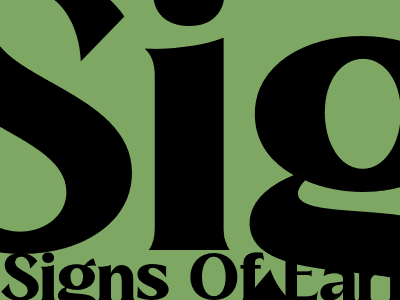10 Early Signs of Pregnancy
1. Missed Period
One of the most common and earliest signs of pregnancy is a missed period. If you're regularly menstruating, missing a period can be an indication that you may be pregnant.
2. Tender Breasts
Hormonal changes can cause your breasts to become tender and swollen as early as the first few weeks of pregnancy. You may also experience tingling or darkening of the nipples.
3. Nausea
Nausea, also known as morning sickness, is a common early sign of pregnancy. It can occur at any time of day and is often accompanied by vomiting.
4. Fatigue
Increased levels of progesterone during pregnancy can make you feel tired and fatigued. This symptom often sets in early in pregnancy and can persist throughout.
5. Frequent Urination
As the uterus grows and puts pressure on the bladder, you may experience an increased urge to urinate. This symptom usually appears later in pregnancy but can sometimes occur early on.
6. Bloating
Hormonal changes and increased blood flow can cause bloating in the early stages of pregnancy. This can make you feel full and uncomfortable.
7. Food Aversions/Cravings
Changes in hormones can alter your taste buds, leading to food aversions or cravings. You may find yourself craving certain foods or suddenly disliking foods you previously enjoyed.
8. Mood Swings
Pregnancy hormones can cause mood swings and emotional sensitivity. You may experience sudden shifts in mood, from happiness to sadness or irritability.
9. Light Spotting or Cramping
Some women experience light spotting or cramping around the time of their missed period. This is known as implantation bleeding and occurs when the fertilized egg implants in the uterine lining.
10. Elevated Basal Body Temperature
Your basal body temperature (BBT) is your temperature when you first wake up. During pregnancy, BBT remains elevated after ovulation. Tracking your BBT can help you detect pregnancy early on.
Additional Tips: * If you suspect you're pregnant, take a home pregnancy test to confirm. * Visit your doctor for a prenatal checkup to determine the stage of your pregnancy and discuss any concerns. * Maintain a healthy lifestyle by eating nutritious foods, exercising regularly, and getting enough rest. * Avoid alcohol, smoking, and certain medications that can harm your baby.

Comments